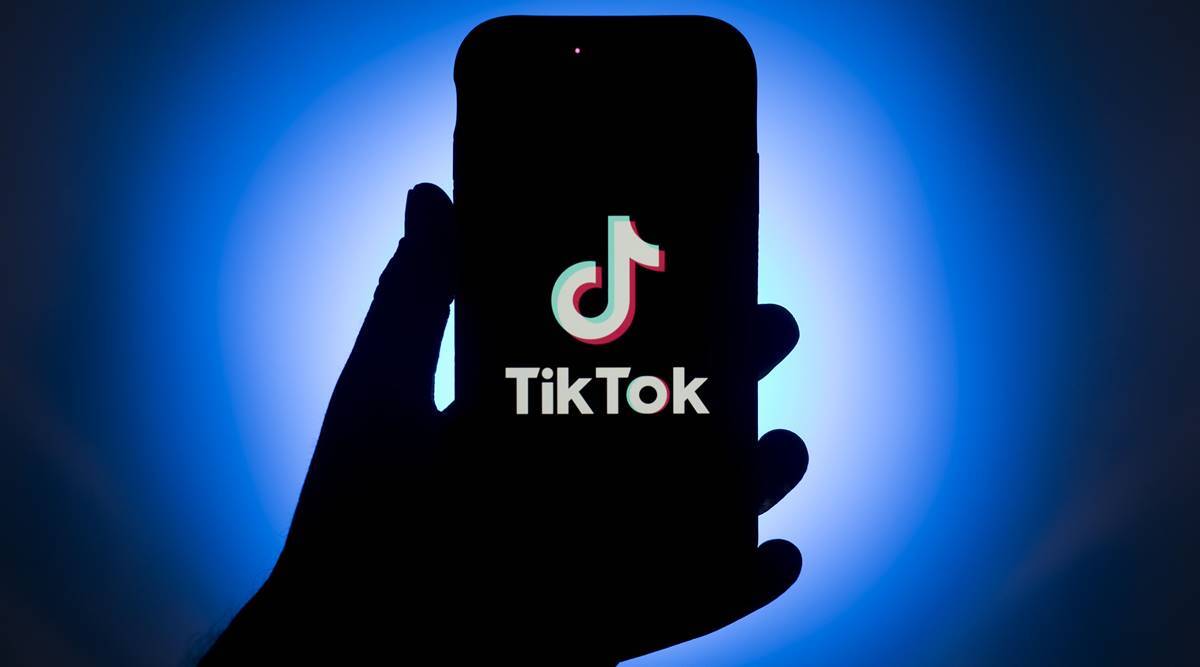
TikTok faces chances of a national ban under new bill approved by a House committee
Republicans are hurrying to take action against the popular Chinese-owned video app used by more than 100 million Americans, while Democrats are taking a more cautious approach.
Although an outright ban still faces significant obstacles, TikTok is getting closer to being effectively banned on mobile devices in the United States.
On Wednesday, a House committee voted partisan lines to advance a bill to obstruct American activity on the well-known Chinese-owned video app that more than 100 million Americans use. Republicans in the committee pushed the bill through despite opposition from Democrats who claimed that it had not been thoroughly reviewed and could trap American companies that don’t pose a threat to national security.
Prior to the vote, it seemed that Democrats and Republicans were closer on the issue of TikTok’s threat to the United States. With the White House giving all federal agencies on Tuesday 30 days to remove the app from government devices and a senator from the Senate Judiciary subcommittee on privacy calling for the separation of TikTok from its Chinese parent company, Democrats are increasingly supporting measures to take action against the social media app. Both sides disagree on the urgency and severity of the necessary actions, as evidenced by the vote on Wednesday in the House Foreign Affairs Committee.
Democrats currently support a national ban on TikTok. For the bill to pass the Senate, that must change.
“Everybody knows what TikTok is,” said committee Chair Michael McCaul, R-Texas, on Tuesday when the measure was being considered. “It’s too dangerous to be on our phones as members of Congress. In my judgment, it’s too dangerous to be on our children’s phones. That’s the whole point of this bill.”
The legislation directs the Treasury Secretary to issue a directive prohibiting Americans from engaging in transactions with entities that could transfer sensitive personal data to entities directed or influenced by the Chinese government. It also empowers the President to impose sanctions on certain transactions relating to connected software applications controlled by entities that could facilitate China’s intelligence, censorship, or surveillance activities, including efforts to steer U.S. policy and regulatory decisions. Under the bill, the president can waive certain sanctions and make a decision on whether TikTok or any of its affiliated companies meet the criteria for sanctions.
There is no proof that the Chinese government has asked TikTok or parent company ByteDance for information about American users or influenced the type of content that users see on the platform.
A ban on TikTok in the United States would prevent American culture and values from being exported to the more than a billion people who use our service globally, according to a statement from TikTok spokesperson Brooke Oberwetter.
She continued, “We’re disappointed to see this hurried piece of legislation advance, despite its significant negative impact on the free speech rights of millions of Americans who use and love TikTok.
The First Amendment may be compromised by this legislation. The American Civil Liberties Union listed numerous constitutional issues with the proposal in a letter that was sent on Monday.
“In a purported attempt to protect the data of U.S. persons from Chinese government acquisition, this legislation will instead limit Americans’ political discussion, artistic expression, free exchange of ideas — and even prevent people from posting cute animal videos and memes,” wrote ACLU federal policy director Christopher Anders. “While the ACLU’s opposition today rests on free speech harms, we note that with more time to review this legislation, we anticipate finding other sweeping implications.”
The ACLU also took issue with the legislation creating a loophole to the Berman Amendment, which removes the president’s authority to regulate the exchange of cultural goods between the U.S. and hostile nations. It said that the bill creates a “slippery slope” that could “leave U.S. residents without some of their favorite international books, movies, and artwork.”

In 2020, TikTok successfully argued that the former president had violated the Berman Amendment by attempting to force the sale of the company to a U.S. company.
In a different national security-related case that year, a federal judge invalidated a government order requiring Apple and Google to remove Tencent’s WeChat from their app stores. This case involved a ban on a Chinese-owned app due to national security concerns. According to U.S. Magistrate Judge Laurel Beeler, the order might violate users’ First Amendment rights by rendering the app inoperable.
According to Georgetown University law and technology professor Anupam Chander, “there are other ways to protect American data than to ban an app because it is foreign-owned.”
“We shouldn’t borrow the Chinese strategy of banning foreign information apps like Twitter and Facebook,” he added. “Banning TikTok would prove the Chinese right in banning our apps. The strength of our democracy is its openness.”
The 2017 merger of TikTok and Musical.ly by ByteDance is currently being examined by the US Committee on Foreign Investment, which examines business transactions that could pose a threat to national security and has the authority to compel TikTok to sell to a U.S. company. In an agreement that would silo U.S. user data and restrict access for employees in China, TikTok proposed in August to allow ByteDance to keep ownership of the app.
